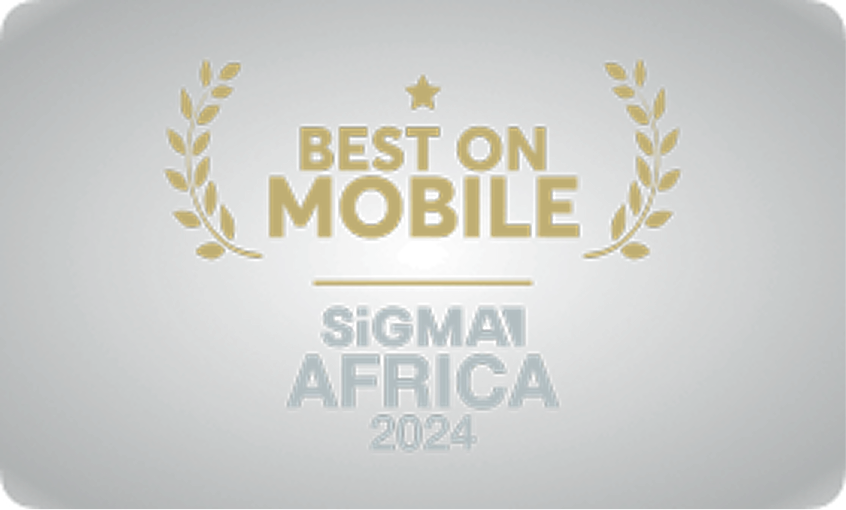As we try to figure out the evolutionary trees for languages and species, we sometimes get led astray by similar but unrelated words and traits.
LEARN MORE
To learn more about this topic, start your googling with these keywords:
- Cladistics: A method of recreating evolutionary trees based on evidence about relationships.
- Etymology: The study of the origin of words and how they have changed throughout history.
- Convergent Evolution: A process whereby different species evolve similar traits in order to adapt to similar environments.
- Polyphyly: A group containing members with multiple ancestral sources.
- Homoplasy: A trait shared by a group of species that is not shared in their common ancestor.
- False Cognates: Pairs of words with similar sounds and meanings but unrelated etymologies.
If you liked this week’s video, you might also like: A photographer who has taken amazing photos of unrelated people who look alike: http://mentalfloss.com/article/53774/photos-unrelated-people-who-look-exactly-alike
CREDITS
Script Writer: David Goldenberg Script Editor: Emily Elert Video Illustrator: Jessika Raisor Video Director: David Goldenberg, Emily Elert Video Narrator: Emily Elert With Contributions From: Henry Reich, Alex Reich, Kate Yoshida, Ever Salazar, Peter Reich Music by: Nathaniel Schroeder
MinuteEarth is produced by Neptune Studios LLC https://neptunestudios.info
IMAGE CREDITS
Lappet-faced Vulture (Old World) - Steve Garvie https://commons.wikimedia.org/wiki/File:Torgos_tracheliotos_-Masai_Mara_National_Reserve,_Kenya-8.jpg
Turkey vulture (New World) - Flickr User minicooper93402 https://www.flickr.com/photos/minicooper93402/5440526260
Crested Porcupine (Old World) - Flickr user 57777529@N02 https://www.flickr.com/photos/57777529@N02/5398915634
North American Porcupine (New World) - iStock.com/GlobalP https://www.istockphoto.com/photo/north-american-porcupine-or-canadian-porcupine-or-common-porcupine-walking-gm515605852-88578399
Chinchilla lanigera - Nicolas Guérin https://commons.wikimedia.org/wiki/File:Chinchilla_lanigera_(Wroclaw_zoo)-2.JPG
Naked Mole Rat - Roman Klementschitz https://commons.wikimedia.org/wiki/File:Nacktmull.jpg
Ganges river dolphin - Zahangir Alom, NOAA (Public Domain) https://commons.wikimedia.org/wiki/File:Platanista_gangetica_noaa.jpg
Atlantic Spotted Dolphin - Flickr user 53344659@N05 https://www.flickr.com/photos/53344659@N05/4978423771/
Orcinus orcas - Robert Pittman, NOAA (Public Domain) https://commons.wikimedia.org/wiki/File:Killerwhales_jumping.jpg
Euphorbia obesa - Frank Vincentz https://en.wikipedia.org/wiki/File:E_obesa_symmetrica_ies.jpg
Astrophytum asterias - David Midgley https://en.wikipedia.org/wiki/File:Astrophytum_asterias1.jpg
Sweet William Dwarf - Nicholas M. Bashour https://en.wikipedia.org/wiki/File:Spring_Flowers.JPG
SUPPORT MINUTEEARTH
If you like what we do, you can help us!:
- Become our patron: https://patreon.com/MinuteEarth
- Our merch: http://dftba.com/minuteearth
- Our book: https://minuteearth.com/books
- Share this video with your friends and family
- Leave us a comment (we read them!)
OUR LINKS
Youtube | https://youtube.com/MinuteEarth TikTok | https://tiktok.com/@minuteearth Twitter | https://twitter.com/MinuteEarth Instagram | https://instagram.com/minute_earth Facebook | https://facebook.com/Minuteearth Website | https://minuteearth.com Apple Podcasts| https://podcasts.apple.com/us/podcast/minuteearth/id649211176
REFERENCES
Atkinson, Q. and Gray, R. (2005). Darimont, C., Fox, C., Bryan, H., and Reimchen, C. (2015). Curious Parallels and Curious Connections — Phylogenetic Thinking in Biology and Historical Linguistics. Systematic Biology. 54:5 (513-526). Retrieved from: https://academic.oup.com/sysbio/article/54/4/513/2842862
Atkinson, Quentin. (2018). Personal Communication. Department of Evolution and Human Behavior at the University of Auckland.
Bennu, D. (2004). The Evolution of Birds: An Overview of the Avian Tree of Life. Lab Animal. 33 (42-28)). Retrieved from: https://www.nature.com/articles/laban0504-42
De La Fuente, J.(2010). Urban legends: Turkish kayık ‘boat’ and “Eskimo” qayaq ‘kayak’. Studia Linguistica. 127 (7-24). Retrieved from: http://www.ejournals.eu/Studia-Linguistica/2010/2010/art/180/









